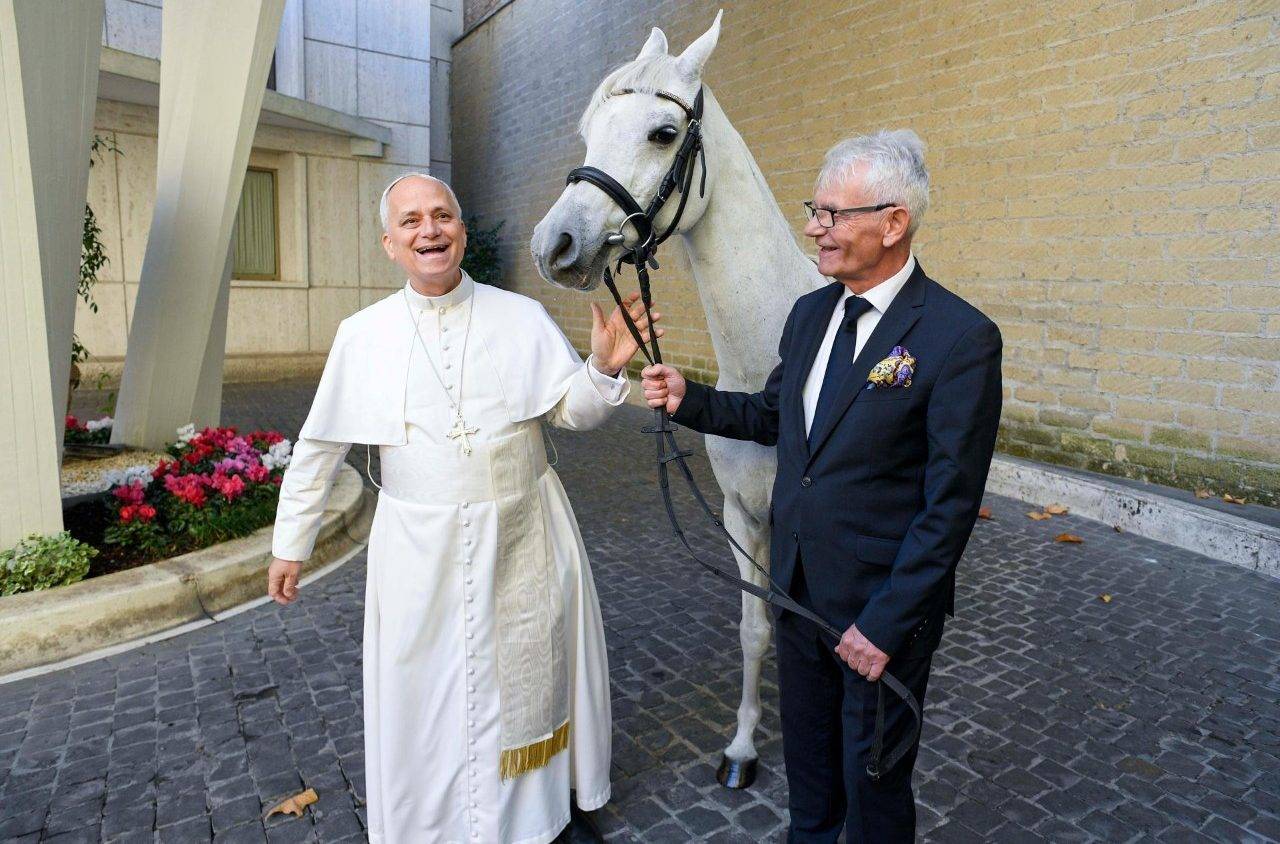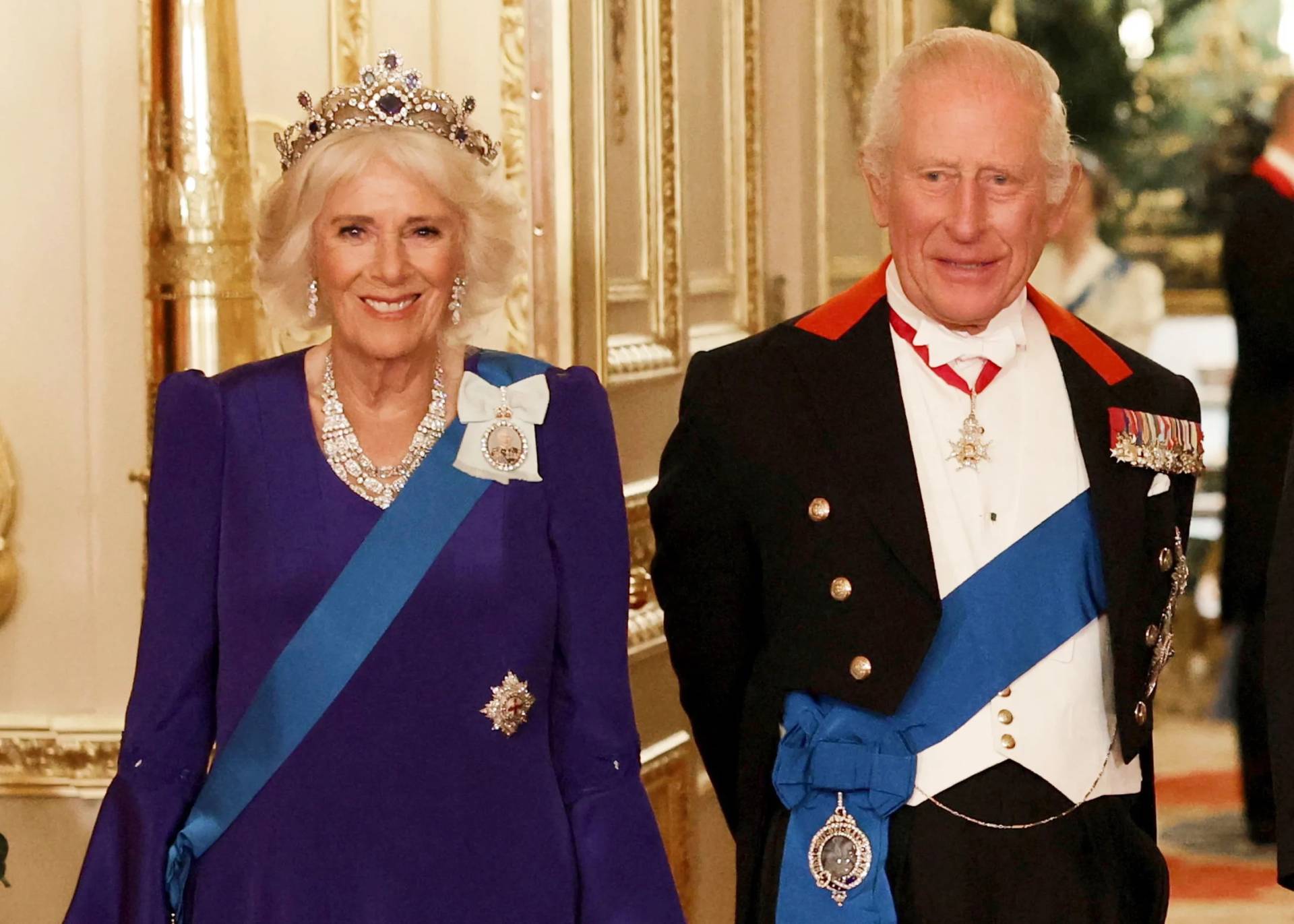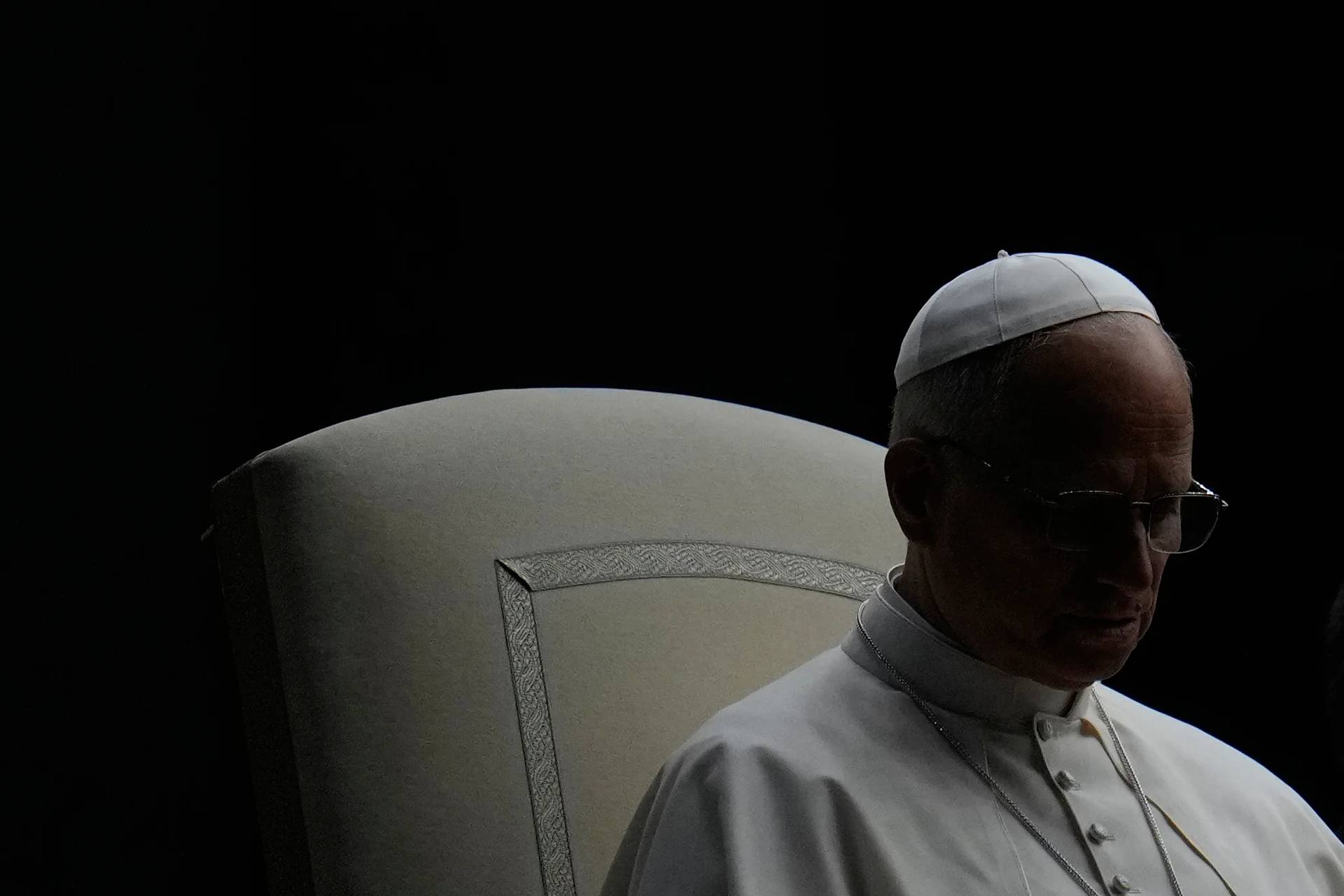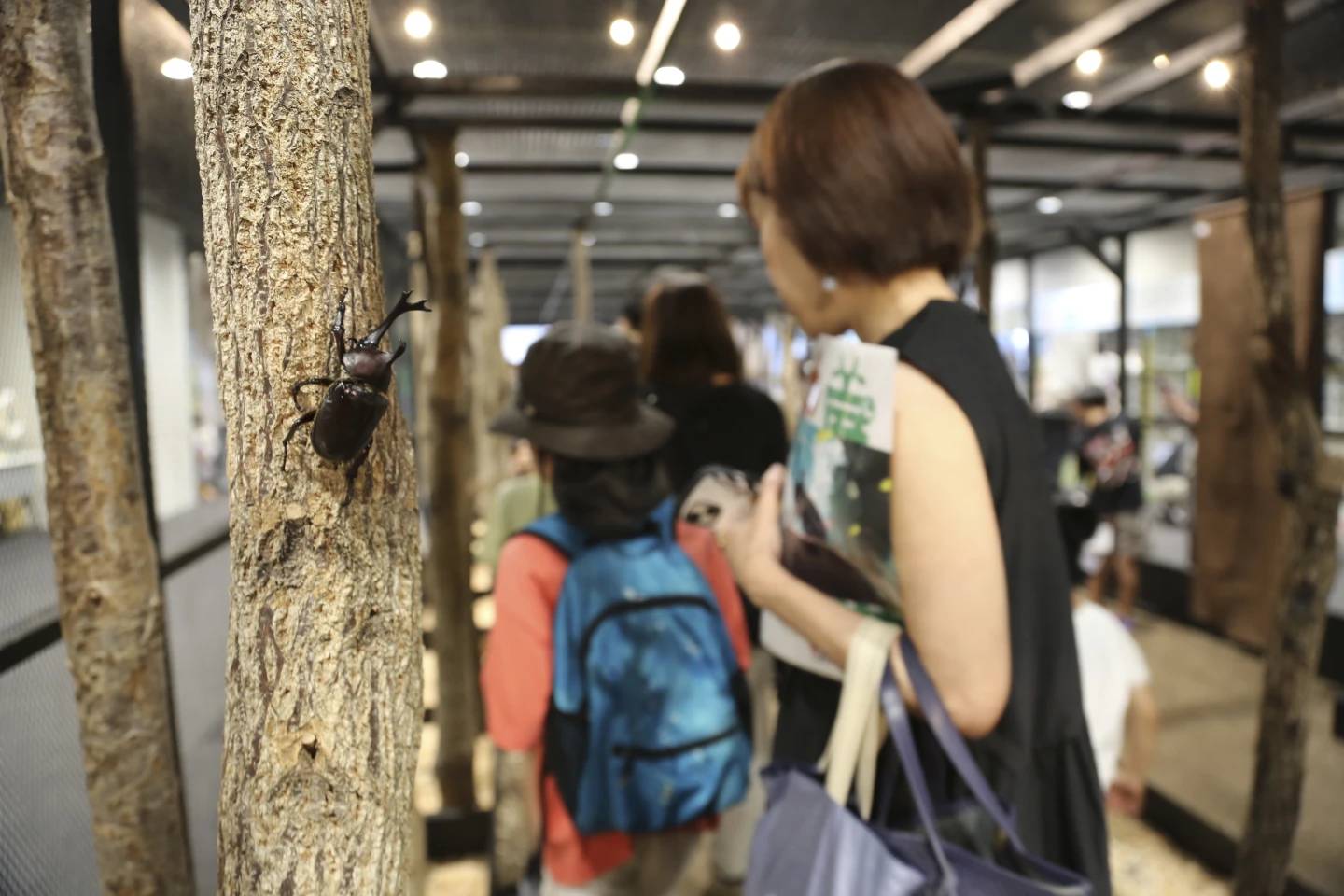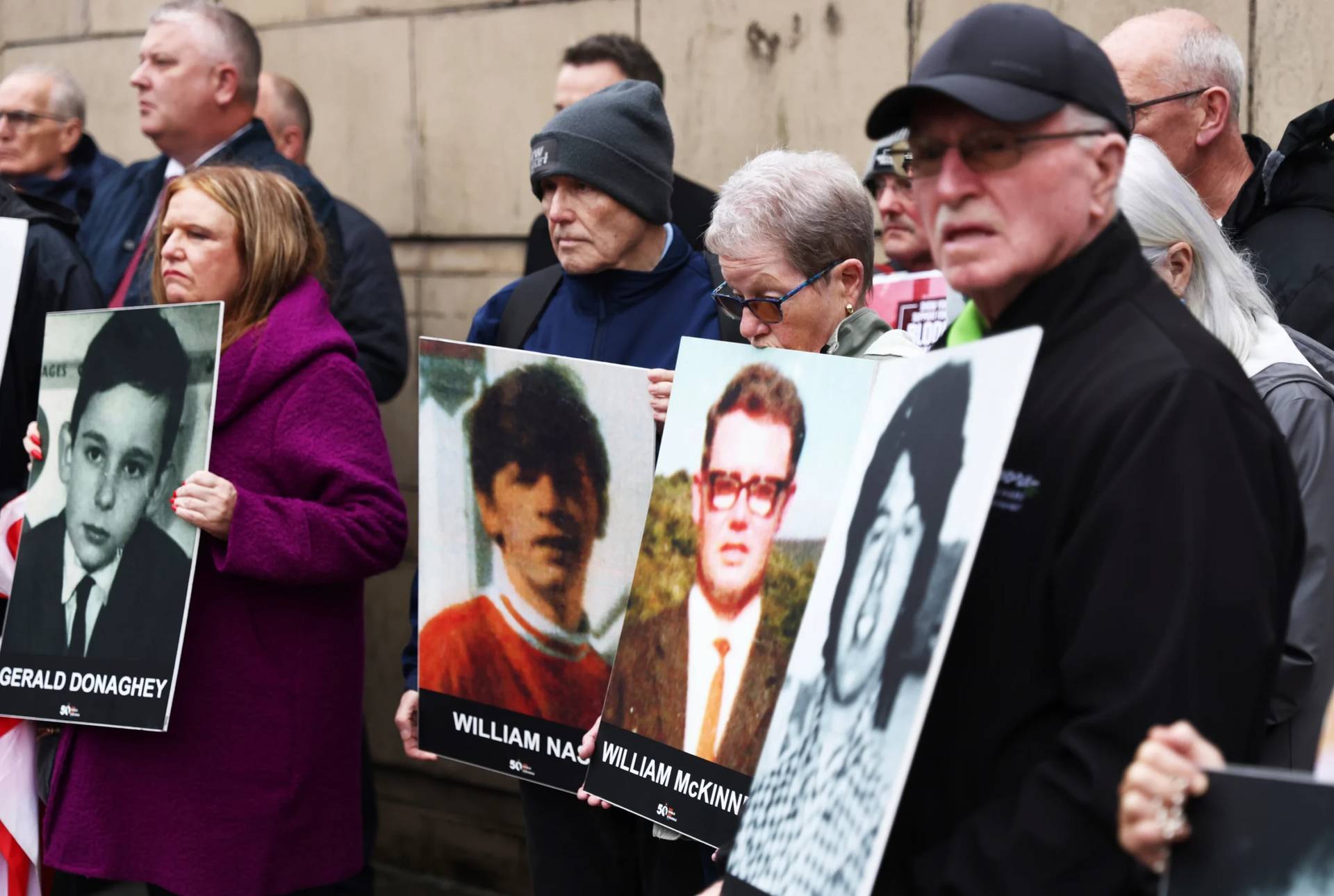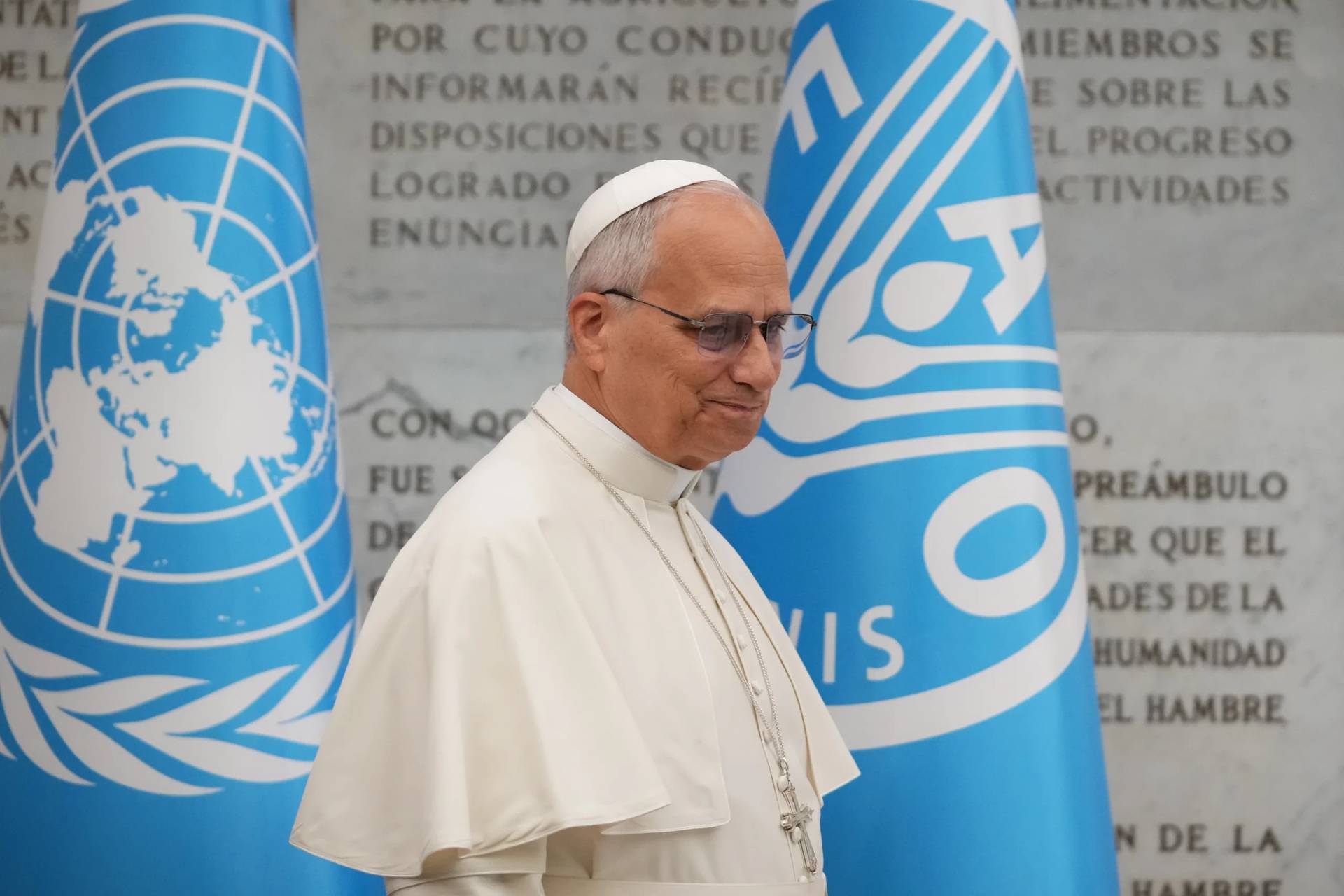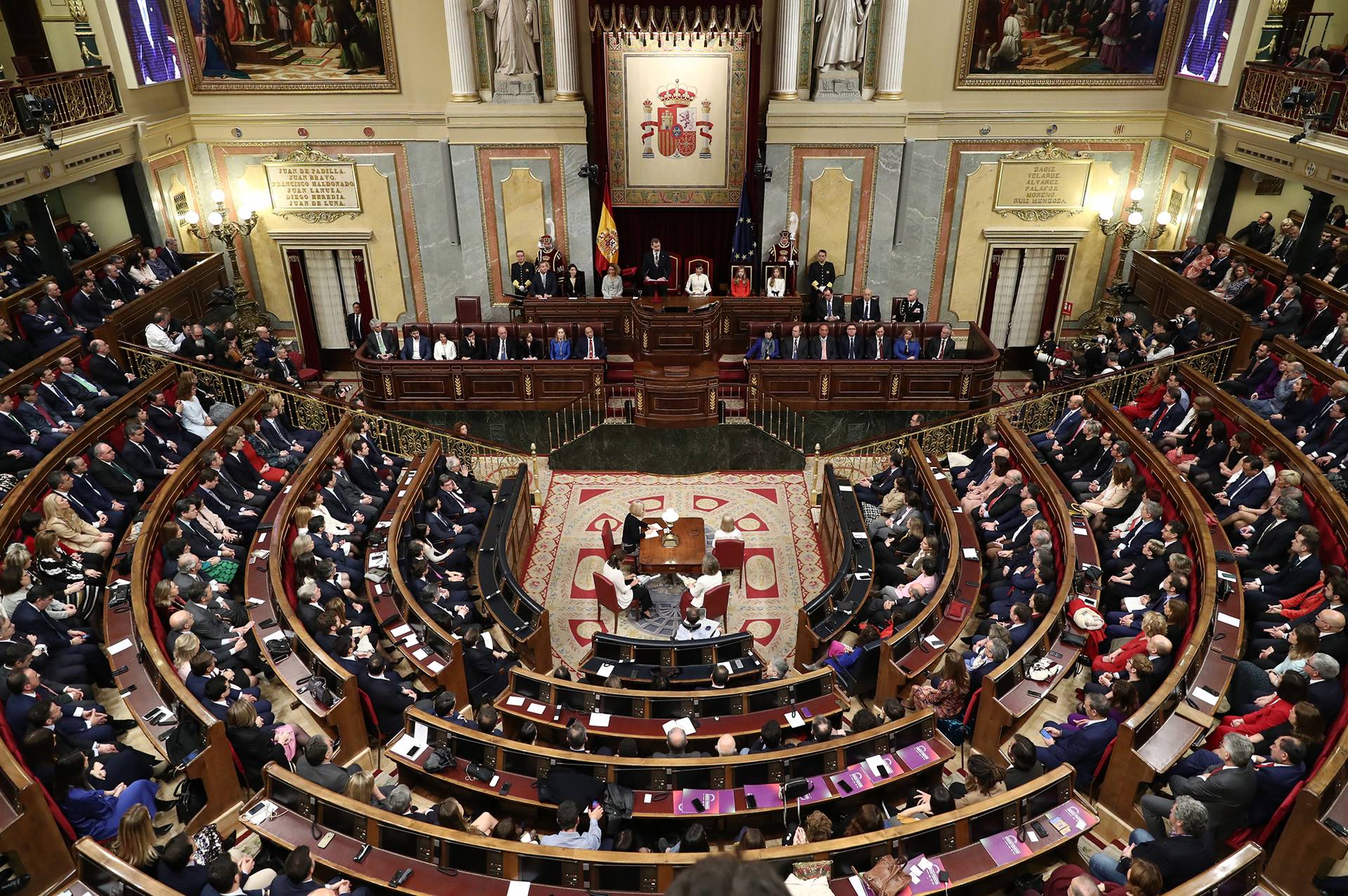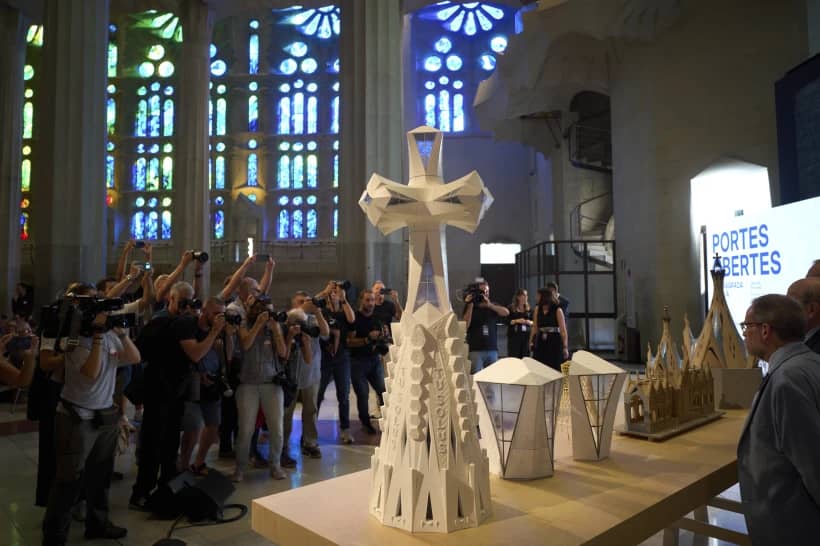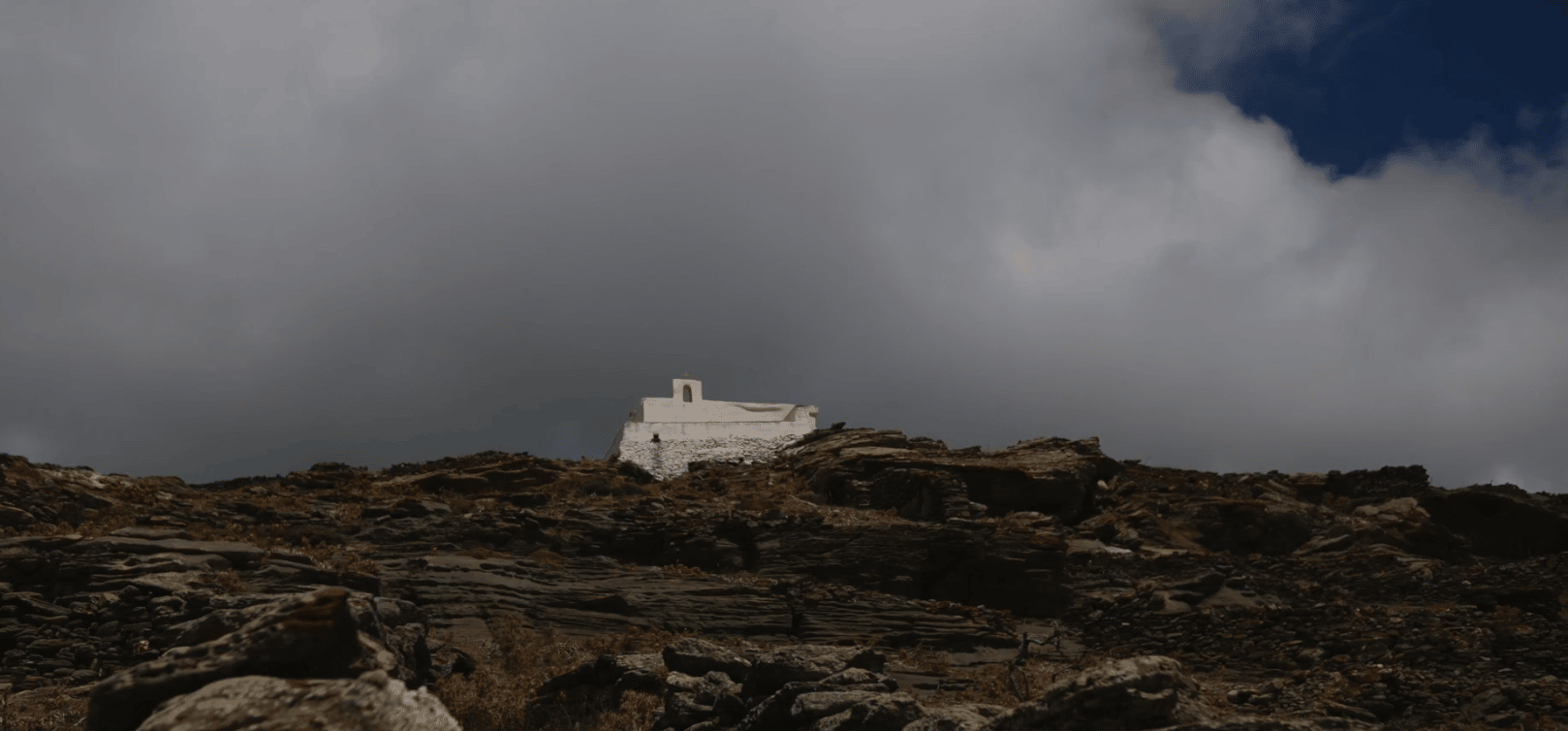ROME – A United Nations Committee for the protection of minors questioned the Italian government last week about clerical sexual abuse in the country, expressing concern over laws that protect predator priests from criminal charges.
“We are saddened by the lack of information regarding sexual abuse against minors by Catholic clergy, and we are concerned by the information we have received that points to numerous clerical abuse victims,” said Spanish Professor Jorge Cardona, a member of the UN Committee on the Rights of the Child, during a Jan. 22-23 hearing.
Representatives of the Italian government were asked to answer questions before the committee at the UN’s High Commissioner in Geneva regarding the implementation of the Convention on the Rights of the Child. Recommendations drawn from the hearing will be issued by the UN on Feb. 7.
This was hardly the first time the UN panel has taken an interest in the Catholic Church’s record on child sexual abuse.
In February 2014, the Committee on the Rights of the Child issued a blistering report accusing the Vatican of fostering a “code of silence” that “systematically” put the reputation of the Church and offending priests over the protection of child victims. The panel also called for changes in Catholic teaching on issues such as abortion, contraception and gay marriage.
In this case, the committee appeared interested in how Italy may be complicit in the Church’s scandals.
Cardona spoke about the “impunity” of clerics guilty of abuse against minors in Italy who, from the data he acquired, were often let free by the state without penal consequences.
He expressed concern for the “very indulgent penal sentences against members of the clergy who were found guilty” and aren’t subject to the house arrest or prison term the situation called for.
He also asked the Italian government about its adherence to the Convention on the Protection of Children against Sexual Exploitation and Sexual Abuse signed by the Council of Europe in Lanzarote, Spain, in 2007. The document is the first international treaty addressing sexual abuse in the family and applying regulation to monitor offenders and those who work in close contact with children.
In a private audience with Pope Francis on Jan. 17, the Secretary General of the Council of Europe, Thorbjorn Jagland, asked the pontiff to sign the multilateral Lanzarote document.
Sexual abuse, Jargland told local media after his meeting with the pope, “can be found everywhere where adults are with children: The Church knows this issue from within.”
As the Vatican prepares to host a summit for heads of Catholic bishops’ conferences from around the world Feb. 21-24, the EU diplomat suggested that signing the treaty could provide a meaningful signal that the Catholic Church is on board in the fight against sexual abuse.
“If the Vatican along with the Council of Europe sent an unequivocal message to the world, affirming that sexual abuse against minors is not only unacceptable but also illegal, this message would really be very, very strong!” he added.
But catching up with European legislation on abuse wasn’t the only matter worrying the UN officials. Cardona also addressed the fourth article of the 1929 Lateran Treaty between the Italian state and the Vatican, which allows clerics not to have to denounce clerical abuse to Italian authorities.
“It’s true that there is no obligation for clergy who have knowledge of abuse within the Church or religious organization to file charges,” said Concetta Potito, of the legislative branch of the Italian Ministry for Justice, while representing Italy at the UN.
“But it’s also true that clergy are not public officials and in Italy the obligation to file charges only applies to public officials,” she added.
Potito also underlined that Italian legislation provides that sentences for the abuse of minors are worsened by two thirds if the abuse occurred in a religious context, which considering the peninsula’s tough sentencing on abuse is a serious matter.
Italy created a public network of assistance for victims of sexual abuse in 2002, but the UN commission asked whether the government had taken measures to assure its effectiveness and service in the territory.
The Italian Bishops’ Conference, CEI, recently created its own Clerical Sexual Abuse Network, aimed at providing information and support for not only sexual abuse victims but also bishops attempting to provide the best response.
The creation of the network followed Pope Francis’s appeal to bishops around the world to create guidelines and best practices in answer to the clerical sexual abuse crisis ahead of the February summit.
Since the outbreak of the crisis in 2001, the Italian Church has struggled to provide transparency, especially regarding the scope of the issue.
“I’m not able to give any numbers,” said Father Stefano Russo, Secretary General of CEI, during a press event Jan. 16, adding that this is because “eventual canonical charges are sent to the Congregation for the Doctrine of the Faith.”
Rete L’Abuso, the only existing advocacy organization for clerical abuse victims in Italy, records at least 800 cases in the country, but the situation could be much worse. Clerical abuse survivor and advocate, Mark Vincent Healy, estimated that there could be thousands of abuse victims in Italy.
In a document, Healy used the percentage of abuser priests provided by experts such as Richard Sipe and Father Andrew Greeley to estimate that there could be “anything from 17,500 to 87,700 reported survivors of clerical child sexual abuse.”
“What is clearly shown by these figures for sexual abuse of Catholic minors is that Italy as a country has the potential to exceed the reported number of victims of clerical child sexual abuse to that in other countries worldwide,” he wrote.
“A government inquiry is essential in Italy in order to get at the truth providing pathways to justice and support to address the scandal of clerical child sexual abuse.”







